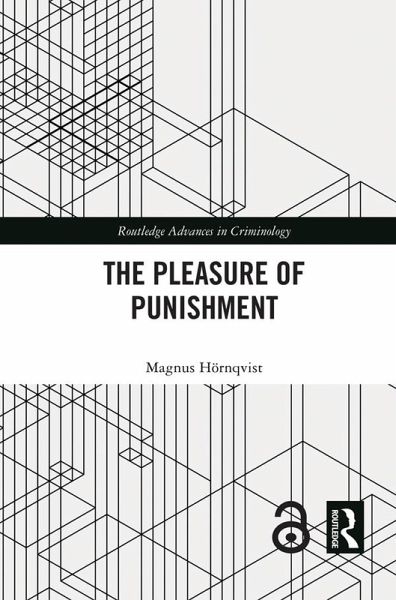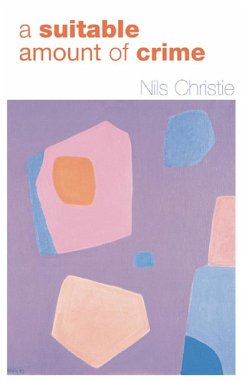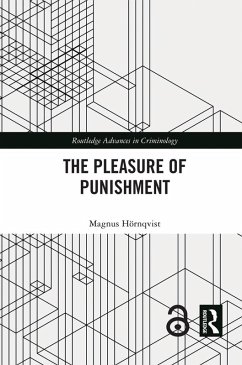
The Pleasure of Punishment (eBook, PDF)
Versandkostenfrei!
Sofort per Download lieferbar
0,00 €
inkl. MwSt.
Weitere Ausgaben:

PAYBACK Punkte
0 °P sammeln!
Based on a reading of contemporary philosophical arguments, this book accounts for how punishment has provided audiences with pleasure in different historical contexts. Watching tragedies, contemplating hell, attending executions, or imagining prisons have generated pleasure, according to contemporary observers, in ancient Greece, in medieval Catholic Europe, in the early-modern absolutist states, and in the post-1968 Western world.The pleasure was often judged morally problematic, and raised questions about which desires were satisfied, and what the enjoyment was like. This book offers a rese...
Based on a reading of contemporary philosophical arguments, this book accounts for how punishment has provided audiences with pleasure in different historical contexts. Watching tragedies, contemplating hell, attending executions, or imagining prisons have generated pleasure, according to contemporary observers, in ancient Greece, in medieval Catholic Europe, in the early-modern absolutist states, and in the post-1968 Western world.
The pleasure was often judged morally problematic, and raised questions about which desires were satisfied, and what the enjoyment was like. This book offers a research synthesis that ties together existing work on the pleasure of punishment. It considers how the shared joys of punishment gradually disappeared from the public view at a precise historic conjuncture, and explores whether arguments about the carnivalesque character of cruelty can provide support for the continued existence of penal pleasure. Towards the end of this book, the reader will discover, if willing to go along and follow desire to places which are full of pain and suffering, that deeply entwined with the desire for punishment, there is also the desire for social justice.
An accessible and compelling read, this book will appeal to students and scholars of criminology, sociology, philosophy and all those interested in the pleasures of punishment.
The pleasure was often judged morally problematic, and raised questions about which desires were satisfied, and what the enjoyment was like. This book offers a research synthesis that ties together existing work on the pleasure of punishment. It considers how the shared joys of punishment gradually disappeared from the public view at a precise historic conjuncture, and explores whether arguments about the carnivalesque character of cruelty can provide support for the continued existence of penal pleasure. Towards the end of this book, the reader will discover, if willing to go along and follow desire to places which are full of pain and suffering, that deeply entwined with the desire for punishment, there is also the desire for social justice.
An accessible and compelling read, this book will appeal to students and scholars of criminology, sociology, philosophy and all those interested in the pleasures of punishment.
Dieser Download kann aus rechtlichen Gründen nur mit Rechnungsadresse in A, B, BG, CY, CZ, D, DK, EW, E, FIN, F, GR, HR, H, IRL, I, LT, L, LR, M, NL, PL, P, R, S, SLO, SK ausgeliefert werden.













